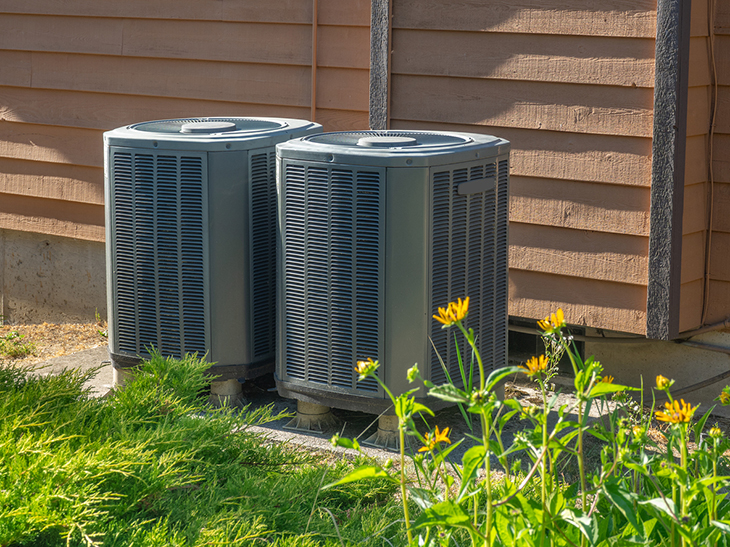The devastating effects of climate change are becoming increasingly apparent, and it’s clear that we need to take urgent action to address this global crisis. While many of us are aware of the need to reduce carbon emissions and transition to renewable energy sources, there’s another aspect of climate change that’s often overlooked: the role of HVAC maintenance.
HVAC (Heating, Ventilation, and Air Conditioning) systems play a significant role in our daily lives, particularly in commercial and residential buildings. These systems provide heating, cooling, and ventilation, which are essential for maintaining comfortable indoor temperatures and air quality. However, HVAC systems also consume a significant amount of energy, which contributes to greenhouse gas emissions and exacerbates climate change.

Regular maintenance of HVAC systems is imperative in mitigating climate change. Here are some reasons why:
1. Energy efficiency
One of the primary reasons for HVAC maintenance is to ensure that the system is operating at optimal efficiency. Regular maintenance can help identify and address any issues that may be causing the system to consume more energy than necessary. For example, dirty filters, clogged ducts, or faulty thermostats can all lead to increased energy consumption, which not only increases utility bills but also contributes to carbon emissions.
2. Refrigerants
Many HVAC systems use refrigerants that are harmful to the environment, such as chlorofluorocarbons (CFCs) and hydrochlorofluorocarbons (HCFCs). These refrigerants deplete the ozone layer and contribute to global warming. Regular HVAC maintenance can help ensure that refrigerants are properly handled, recovered, and recycled, minimizing their impact on the environment.
3. Indoor air quality
Indoor air quality is a crucial aspect of HVAC maintenance. Poor air quality can lead to health problems, particularly for people with respiratory issues like asthma. Regular maintenance can help ensure that air filters and ducts are clean, and that the ventilation system is functioning correctly. This not only improves indoor air quality but also reduces the need for energy-intensive air purification systems.
4. Equipment lifespan
Regular maintenance can help extend the lifespan of HVAC equipment, reducing the need for frequent replacements. The manufacture and transportation of new HVAC systems contribute to greenhouse gas emissions, so reducing the number of new systems required can help mitigate climate change.
5. Cost savings
Finally, regular HVAC maintenance can result in significant cost savings. Energy-efficient HVAC systems consume less energy, resulting in lower utility bills. Additionally, extending the lifespan of HVAC equipment reduces the need for costly replacements.
In conclusion, HVAC maintenance is imperative in addressing climate change. By ensuring that HVAC systems are operating at optimal efficiency, using environmentally-friendly refrigerants, improving indoor air quality, extending equipment lifespan, and reducing costs, we can reduce carbon emissions and contribute to a more sustainable future. Building owners and facility managers should prioritize regular HVAC maintenance as part of their efforts to mitigate climate change.
